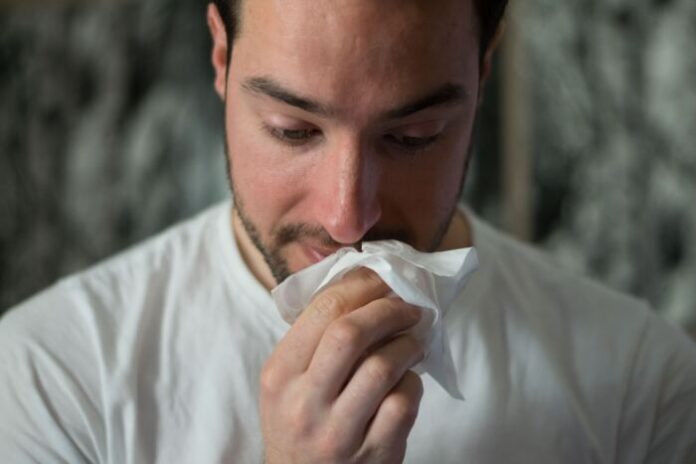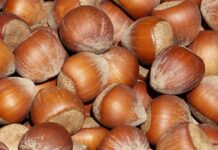
Climate change has direct consequences on human health. In this case, about pollen allergies. This is what researchers from the University of Worcester say in a study published in the journal Science Advantage.
The group led by Prof. Alexander Kurganskiy has developed a predictive statistical model to “simulate” the worsening of the pollen seasons in the coming years. Data provided by the Joint UK Land Environmental Simulator (JULES) for 407 triggering agents was also used.
It is not the first time that the rise in temperatures is associated with a greater diffusion of pollen in the air.
According to a study published in Proceedings of the National Academy of Sciences, in fact, in recent years compared to 1990, the pollen season has lengthened by 20 days and the amount of pollen circulating in the air has increased by 21 percent. This results in a prolongation and aggravation of symptoms with an impact on health systems as well as on people’s quality of life.
Lately, the pollen seasons begin 20 days earlier than in 1990 and this advance seems closely linked to climate change: global warming changes the internal clock of plants causing them to produce pollen earlier than usual and also impacting the amount of pollen that enters. circulating in the air.
Pollen allergies, what to do: natural remedies
Pollen allergy sufferers are struggling with red eyes, runny nose and chronic fatigue. But how to keep these symptoms under control with natural remedies? Natural anti-inflammatories such as turmeric and black currant are valid allies, both during the acute phase and for the efficiency of the immune system.
Limiting exposure to pollen is often difficult, although some precautions can be taken such as airing the house early in the morning and changing clothes after a trip. The mask used against Covid also protects the airways from inhaling pollen.






































